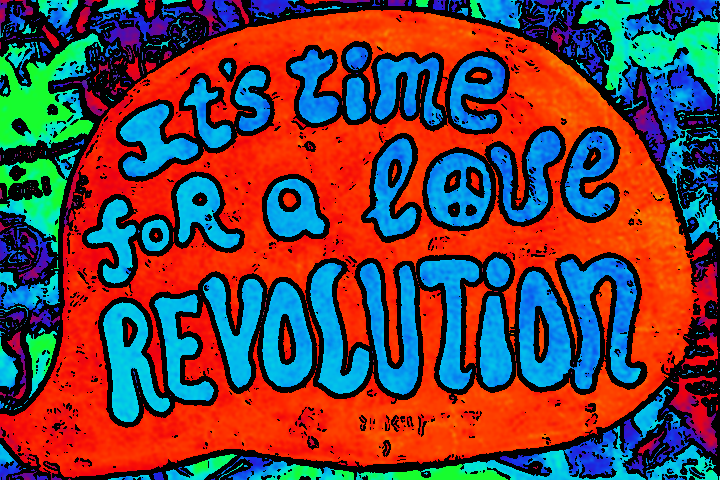Ever wonder what does peace means to our everyday lives?
Usually we would appreciate the meaning of peace during post-conflict or war time. Peace during peace time, it doesn’t really resonate with most of us.
We often carry on our daily routine lives in our little cocooned communities.
We don’t really care as much about matters that do not relate to our closest circles. More often, we see those who are outside our little circles as ‘the other’, people whom we may have formed certain stereotypes and prejudice.
However, ‘peace’ does have relevance during peace time. This act of peace building does not refer to those who promote peace by narrowly focusing on creating the sense of fuzziness through costumed images of multiculturalism, and stock photos of individuals of different skin colours appearing ‘happy’ together.
This promotes more of a rhetorical, false idea of peace.
There is no understanding of the deeper layers of insecurity and distrust among communities where potential conflict could be brewing underneath. It is like using masking tape to hold a pressure cooker from bursting out hot steam.
In a nation of different cultures, the best way to promote peace is to embrace diversity. There ought to be a framework or environment where people could thrive together and care for each other. Modern life has further segregated individuals into communal politics without the opportunity for greater interaction and engagement. There is little wonder then that most of us feel the sense of being discriminated or marginalised, as communities drift further apart.
How can we best embrace diversity in such a complex society?
Firstly, humans are unique individuals, hence there are no two persons of the same attributes and characters. Secondly, although our culture, heritage and history have shaped us into the person we are today, we do not have homogenous ancestral cultural roots.
Instead our complex identity is moulded based on our social background, interest, environment, and exposure to different worldviews.
Therefore, it is important for the younger generation of today to go beyond the status quo of racial or even national identity, and appreciate the diversity that is the bedrock of our dynamic society.
Malaysia is blessed with a diverse culture, heritage, religion and history that we often forget how unique it is to be Malaysian. Over the years and centuries, these elements have been fused and blended with each other that we become a distinctly unique nation.
Among ways that we could embrace diversity is to create deeper understanding of our cultures and religion.
A visit to the mosques, churches, temples and other places of worships, having interfaith discussion with different faith communities would enhance our relationship with other people, and break the stereotypes the we may previously held over them.
Eating food of different cultures is a favourite past time for many, however it is not the only way for us to understand the uniqueness of different cultures. For example we can also get to know our neighbours from different cultural background, having ‘gotong-royang’ or community activities together, or even having home stays with other communities that we barely meet in our daily lives, such as the rural folk or the orang asli communities.
Building lasting bonds and friendships with others would not just enrich our lives, but it would make us a much better individual with a wider range of knowledge about human beings.
Lastly, embracing diversity also requires the crucial element of dialogue.
Voicing out issues respectfully between different communities will strengthen trust and solidarity. Often, issues that are faced by different communities are in fact similar. Issues like equality, social justice, better living standards, quality education and healthcare, good governance and democracy are the core of any problems or complaints raised by communities.
No one wants to live in a nation where they feel their lives are being seen of a lesser value than others.
However, there are selfish people with political interest that would divide society by fanning racial hatred and communal sentiments towards other communities. This is due to the fact that there is a lack of dialogue for trust-building, for people to foresee how their lives are as fragile as the lives of others.
It is through solidifying the sense of unity among all people of diverse backgrounds where such negative sentiments would not penetrate the soul of the community.
Henceforth, the younger generation should start now at embracing diversity.
Perhaps extending friendship with people from other faith or races, perhaps by talking to strangers and understand their dilemma and background, or perhaps by breaking away from our comfort zone and starting to care about issues larger than ourselves.
In a nutshell, embracing diversity is the key to a better nation-building, and most importantly the key towards a truly peaceful Malaysia.
Written By:
Nor Arlene Tan
Research & Strategy, Global Peace Festival Malaysia







